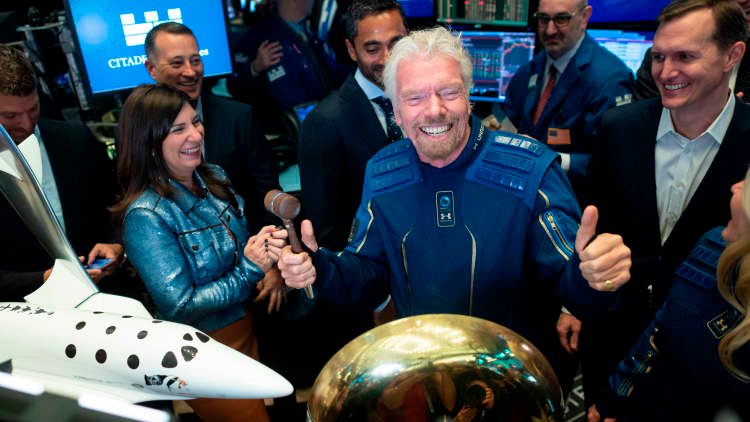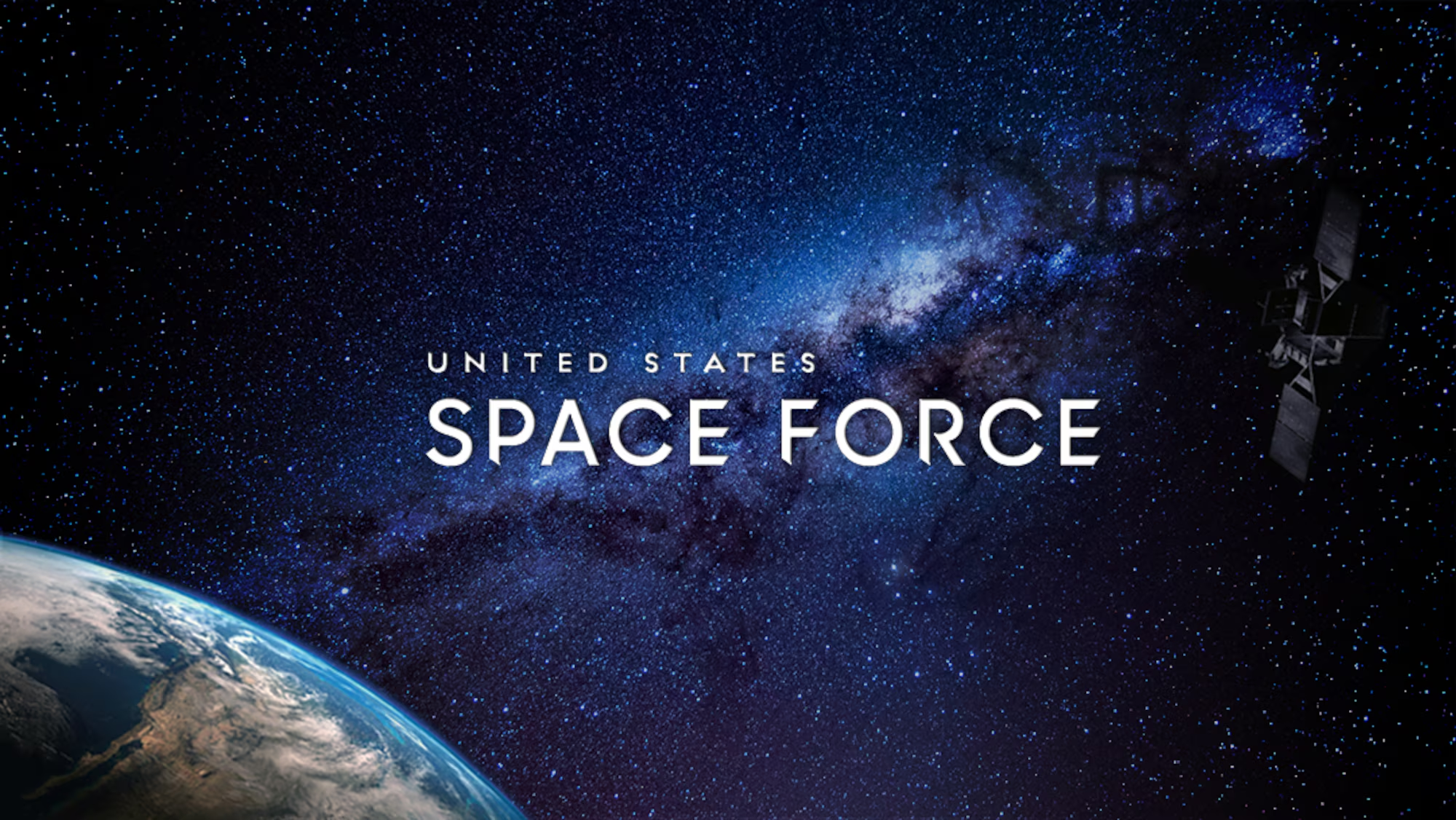Key Players in Space Tourism
Several companies are at the forefront of the space tourism industry: https://scienceandaerospace.blog/nasas-commercial-leo-partnerships-paving-the-way-for-space-exploration/
- Virgin Galactic: This company, founded by billionaire entrepreneur Richard Branson, aims to offer tourists suborbital spaceflights.
- Blue Origin: Led by Jeff Bezos, Blue Origin is developing reusable rockets and spacecraft for space tourism and commercial spaceflight.
- SpaceX: While primarily focused on satellite launches and interplanetary missions, SpaceX is also exploring opportunities in space tourism.
Technological Advancements Driving Space Tourism
Several technological advancements are making space tourism a viable reality:
- Reusable Rockets: Reusable rockets, such as SpaceX’s Falcon 9 and Falcon Heavy, significantly reduce the cost of spaceflight, making it more accessible to a broader audience.
- Advanced Materials: Lightweight and durable materials are being developed to build more efficient and reliable spacecraft.
- Artificial Intelligence and Robotics: AI and robotics automate various aspects of spaceflight, increasing safety and reducing costs.
Regulatory Framework for Space Tourism
As the space tourism industry grows, it’s essential to establish a robust regulatory framework to ensure safety and environmental sustainability. Vital regulatory bodies, such as the Federal Aviation Administration (FAA) in the United States and the European Space Agency (ESA), are working to develop guidelines and standards for space tourism operations.
Challenges and Opportunities
While the future of space tourism is promising, several challenges remain:
- High Costs: Spaceflight is still expensive, limiting accessibility to a select few.
- Safety Concerns: Spaceflight is inherently risky, and ensuring passenger safety is paramount.
- Environmental Impact: Space activities can significantly impact the environment, and minimizing these effects is crucial.
However, space tourism has immense potential benefits. It can stimulate economic growth, inspire future generations, and contribute to scientific research.
Exploring the Future of Space Tourism: A Bold New Era
A new frontier isn’t just about tourism—it paves the way for innovative research, international cooperation, and a deeper understanding of our place in the universe. The future of space tourism is a bold chapter in humanity’s journey, inspiring generations to look to the stars with wonder and possibility. The future of space tourism is filled with excitement and promise. As technology advances and regulations are established, we can expect many people to vent into space. This new era of space exploration will inspire humanity and open up new frontiers for scientific discovery and economic opportunity.




